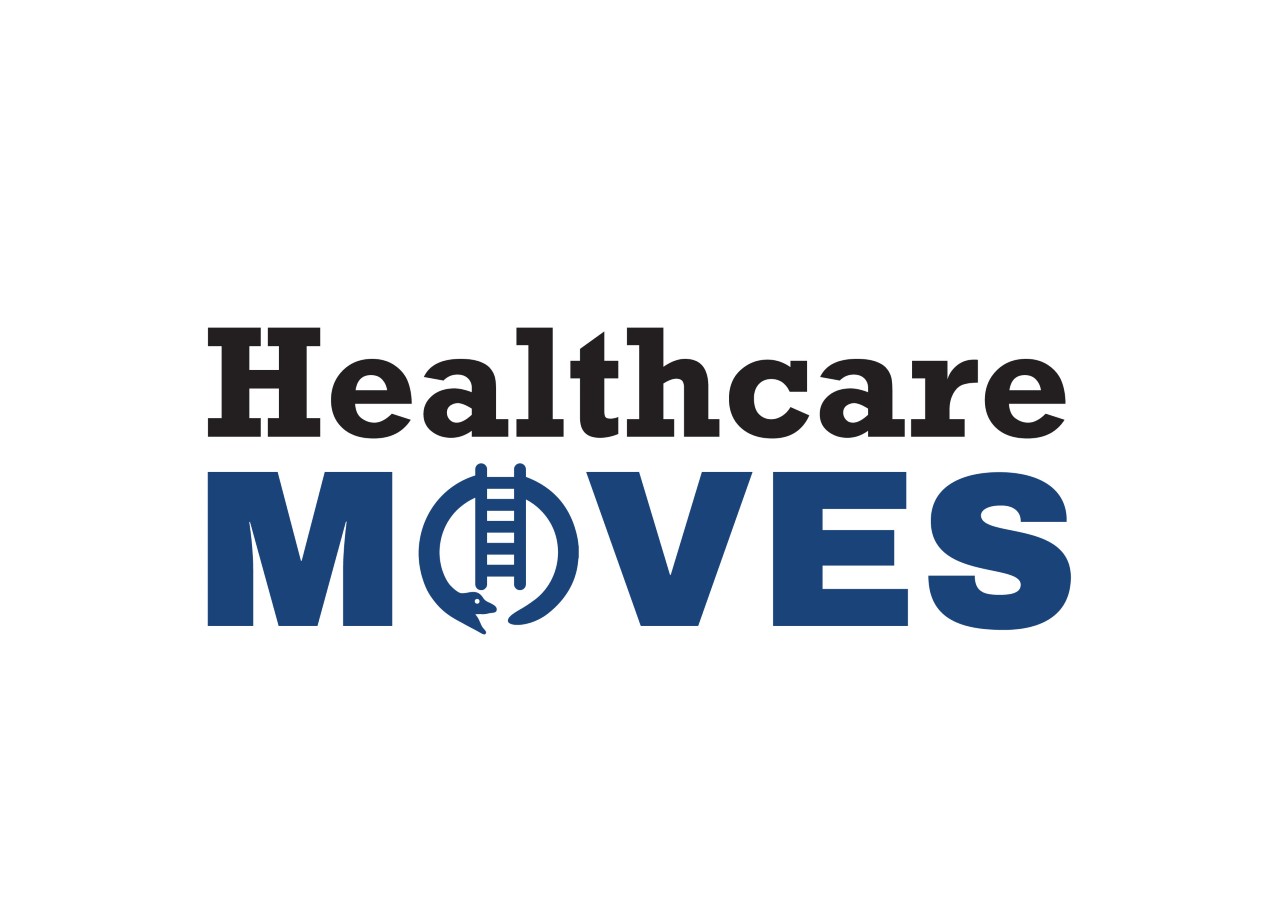
This Year’s Hottest Healthcare Company Isn’t Even a Healthcare Company
Nvidia has quietly become one of the most influential players in healthcare technology by supplying the accelerated computing and AI infrastructure that powers everything from imaging to drug discovery. The company’s restraint — focusing on enabling the ecosystem rather than owning it — has helped cement its role as the indispensable backbone of the healthcare industry’s AI transformation.




















